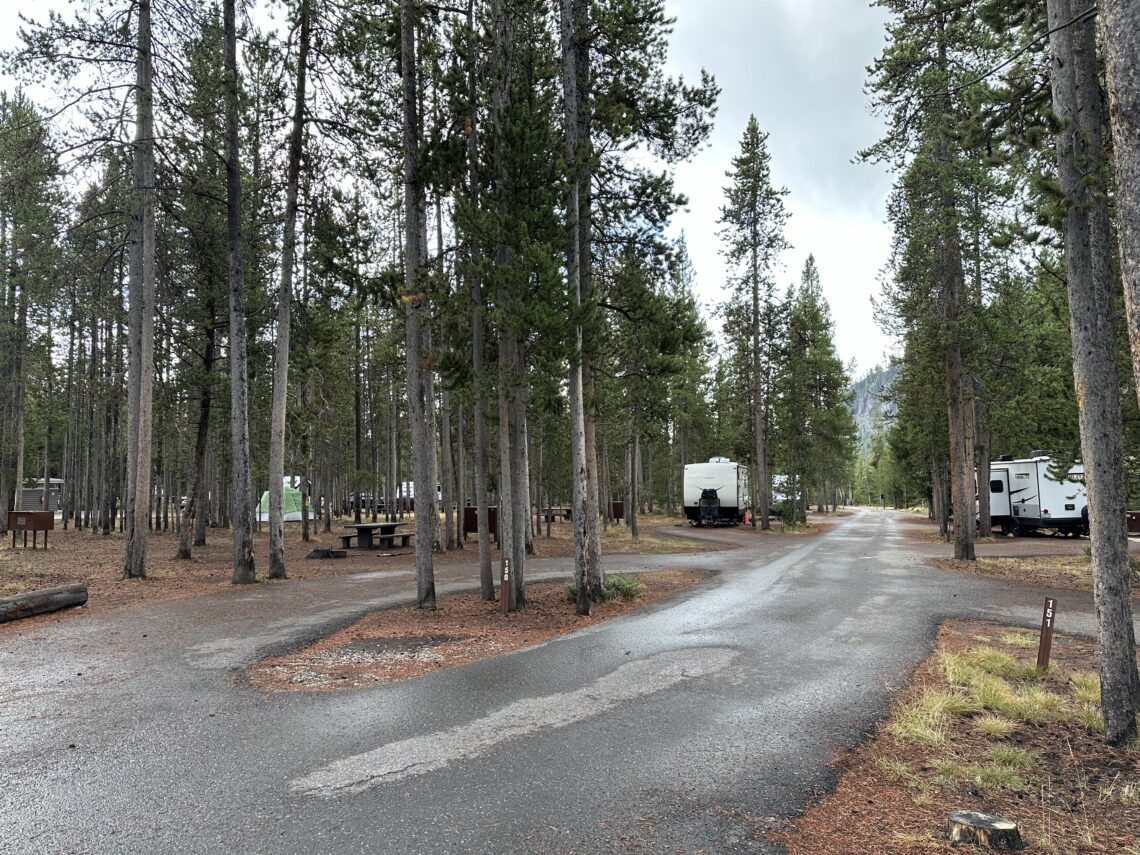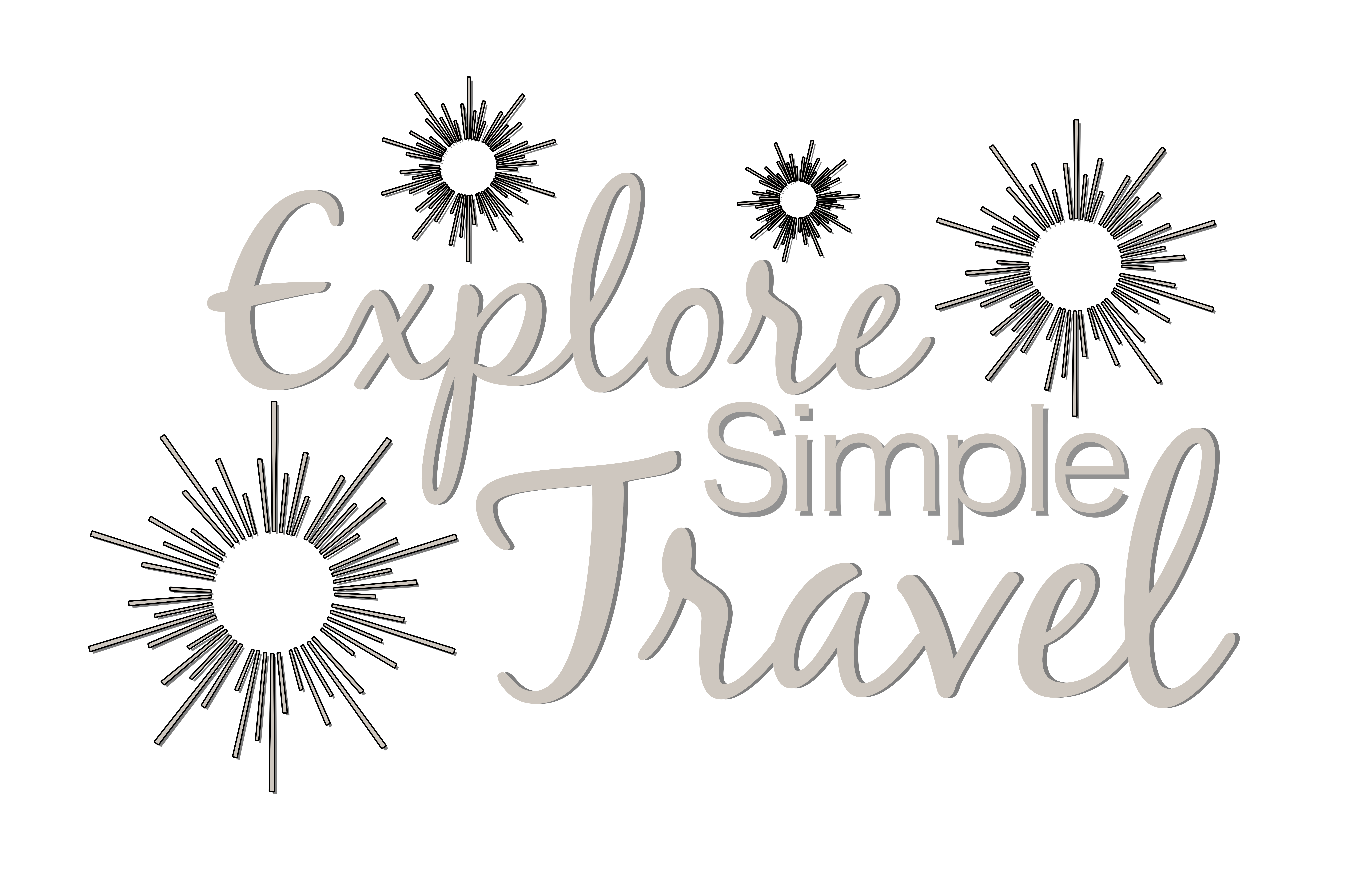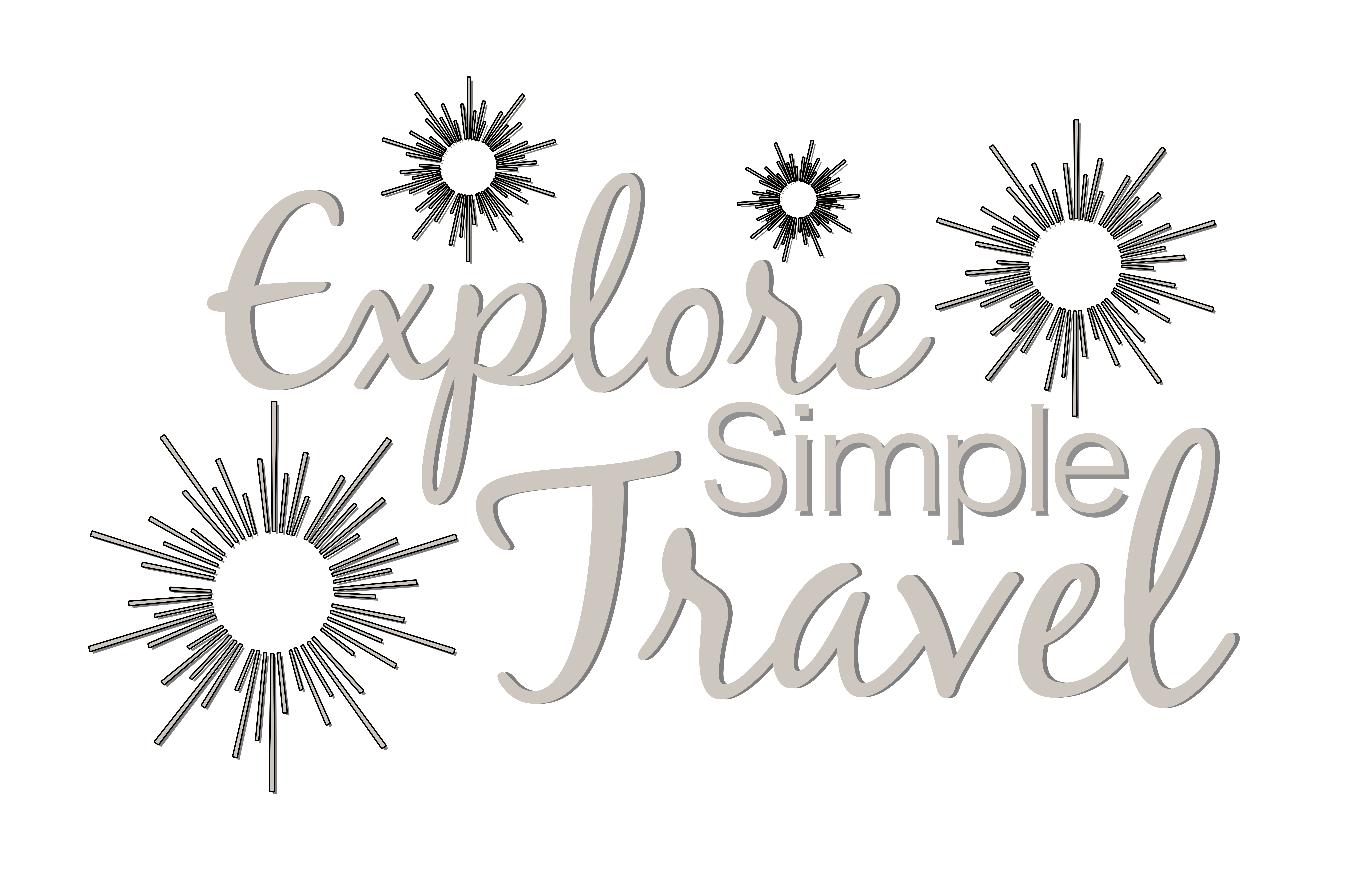
Finding the perfect RV
There are many different varieties of camper vans, travel trailers, and RVs available from a small unit with only a bed inside to a full house on wheels. Selecting the perfect camping unit, trailer, or RV comes down to personal preference, but an important piece of advice that isn’t always mentioned is to buy what you are prepared to handle. You ultimately want to purchase something you will continue to use and that you are happy spending time inside of. You do not want to purchase something that ends up being more of an inconvenience than a convenience while on the road.
Common issues with camping that I have often heard about, is that the overall size of the unit discourages owners from camping as often. After putting in the effort to get to a place and then doing all that is involved in setting it up, it is hard to turn around and be on the road again as easily as it would be with a smaller camping unit.
A large RV and long trailer can be great if you are planning to park for long periods of time. You can feel like you have a home in a different location.
Even though it includes everything you could ever want, if you are hoping to travel around and explore places faster, a large camping unit may not fit be the best choice for your current travel style. When choosing a smaller camper, you need to consider which amenities you can travel comfortably without.
Here are some questions to consider as you look through trailers:
Should I purchase an RV, camper van, travel trailer, or do I simply go camping with a tent?
It may sound nice to have your home with you wherever you go as an RV, but,
What length are you comfortable driving around or hauling with you?
Are you ready and able to drive it everywhere you go?
If you do not want to drive it around everywhere, do you want to tow an additional vehicle with you so that the RV unit can be parked at the campsite while you explore?
If you are considering pulling a travel trailer, do you have a vehicle that could tow a travel trailer?
If so, what is the vehicle’s towing capacity?
Can you live comfortably in a small space?
What amenities do you actually need when traveling?
How long will you travel at a time?
How long do you think you will stay in one place? The usual campground limit is 14 days at a time. There are also campgrounds that allow for staying for longer time frames.
You need to consider possible RV road restrictions in some places, parks, and roads, such as low height clearance of bridges and tunnels, mountain driving, tight curves, rough roads, narrow roads, small grocery store parking lots, and roads that do not allow for an easy turn around.
Know your RV or vehicle and travel trailer height, width, and total length with the hitch, for accommodating any potential RV road restrictions or dimension limits you could come across.
While some of these may be obvious, here is a quick pros and cons of each camping style –
Tent
Tent Pros:
- Affordable, low cost way to start camping
- Can be easy to set up
- Compresses down into a bag when traveling between campsites. Does not take up a lot of space inside your vehicle once compressed.
- You can feel the most connected to nature in a tent.
Tent Cons:
- Could be more involved to set up after a long day’s drive than parking and stepping into a trailer or being in a camper van or RV
- No bathroom/shower in a tent – you rely on campground restrooms or knowing how to go to the bathroom in nature
- Because a tent is not the sturdiest, most insulated structure, you need to be prepared for the outdoor conditions. You need to consider how to keep warm, cool, or dry based on your camping location and the weather.
- You may need to have an additional canopy tent, for cooking and spending time underneath of, to keep dry from rain or shaded from the sun.
- You will also need a water holding container for cleaning any dishes or for washing hands and you will need to find a place to do dishes.
- The extra items needed for tent camping will also need to fit in your vehicle while traveling.
Smallest Travel Trailer or a VW Bus Camper Van Size with just a bed inside and an outdoor accessible kitchen – such as, an A-frame, teardrop shape, or a converted small cargo camping trailer –
Smallest Travel Trailer Pros:
- Easy and very little set up in order to go to bed, simply back into site, plug into electricity, if there is any, or use a portable battery, if you have one, and get into bed
- Able to keep dry and comfortable inside of camping unit if the weather is rainy or windy and it is more contained and safe for sleeping
- Includes windows, air vents, and a/c unit to provide airflow, it may have a propane tank for heating, and more electrical options depending on model.
- Kitchen materials and sink are contained in one place, usually in the back of the trailer, or in small space inside of small camper van.
- This length of trailer is usually short, contained, and narrow enough to go on most roads and also be within height clearances.
Smallest Travel Trailer Cons:
- If it is a trailer, you will need a vehicle that can pull this size and weight of trailer.
- Will need to be able to drive it everywhere with you or have a safe, allowed, and secure place to park the trailer while you explore.
- No bathroom/shower inside – you rely on campground restrooms or understanding how to go to the bathroom in the woods.
- Because there is only enough space inside to sleep, you may need an additional tent to spend the rest of the day in that keeps out the direct sun, rain, and can be used for sheltered eating at a picnic table.
- Even though the kitchen is contained to the back of the trailer, you are still cooking outside even when the weather isn’t ideal.
- Usually you cannot stand up inside this smallest trailer type and it may not be the ideal place to change clothes inside of.
- You will need a water holding container for cleaning dishes or hands and you will need to find a place to do dishes.
Small travel trailer, Camper Van, or RV Unit with more space to move inside, indoor kitchen, a bed that converts into a dinette table, and a possible indoor bathroom and shower –
Small Travel Trailer, Camper Van, or RV Unit Pros:
- Indoor kitchen, indoor storage space, bathroom, shower, sink, bed, indoor space to eat in and to stand up inside.
- Electricity options, A/C, air vent, propane tank, furnace, warm and cold water hook up options
- You are able to keep dry and comfortable inside if the weather isn’t ideal and it is more contained and safe for sleeping
- This length of camper is usually low and narrow enough for most roads and height clearances.
Small Travel Trailer, Camper Van, or RV Unit Cons:
- Need to be willing to empty the black water (restroom) tank and grey water (dish/shower water) tank at the dump station.
- Camper Van and RV unit prices can be high.
- If using a small trailer, it will need a vehicle that can pull this size and weight of trailer.
- You will also need to be able to pull the small trailer everywhere with you or have a safe and secure place to park it while you explore.
- Will need to know how to back up the trailer into the campsite.
Travel trailer or RV unit – with bed, or multiple beds, and separate dining table area –
Larger Travel Trailer or RV Unit Pros:
- Indoor kitchen, indoor storage space, bathroom, shower, sink, bed, indoor space to eat in and to stand up inside.
- Electricity options, A/C, propane tank, furnace, warm and cold water hook up options
- Keep dry and comfortable inside if the weather is windy or rainy and you are contained and safe for sleeping
Larger Travel Trailer or RV Unit Cons:
- Need to be willing to empty the black water (restroom) tank and grey water (dish/shower water) tank at the dump station.
- Know, how big is too big? Are you able to comfortably back in and out of places? Can you access the places, campgrounds, and campsites you would like to fit into?
- How will it handle on mountainous roads? Are you comfortable driving it? How tall or wide is it?
- Is your vehicle able to pull the trailer well enough? How is driving with the trailer – does it sway, is it a bumpy ride?
- Will need to be able to drive, or pull the trailer with you, everywhere? or Do you have a safe and secure place to park it while you explore?
We started our own camping journey by camping in a tent at campgrounds and then gradually upgraded through some of the above options to find our own perfect size of camping unit and amenities. While it is good to find and know your ideal camping fit right in the beginning, it is also ok to work through finding the best fit for you in your own way.
If trying to be simple travelers, consider looking for a practical, easy to fix, compact, and comfortable camping unit. Many campers come ready to be off the grid or able to use electricity when it is available.
Being immersed in the nature while camping is great, but it can be hard to find the best campsite every time. The more you go camping and actually experience campgrounds, the more you know what you like and how and where to book. We have found that if we cannot find the ideal campground or place to stay safely, we will move on to the next place or boondock and park overnight where it is allowed. If we would like to try again, we will research an ideal camping location more ahead of time, or we might consider it for a different vacation and stay in a hotel.
Depending on your availability and work schedule you may find that it helps to be more picky and precise when camping and choosing campgrounds and places to visit. It is also ok to just fly somewhere, stay in hotels, and explore by car. Look at the time frame that you have, the distance that you need to go, and decide accordingly. Camping requires a free-er schedule. You may find that you cannot travel as far in a shorter time frame, than with a car and staying in hotels, because camping seems to encourage you to stay longer in places. You tend to notice your surroundings more after camping, but all in a good way. It makes you slow down and appreciate more, even during future trips that are not focused on camping.



6 Comments
Eve Brown
interesting
Gisela Lemieux
Great insights into choosing the right RV! It’s true that bigger isn’t always better, especially if you’re into frequent traveling and exploring. You mentioned the importance of manageable size—should we also think about climate acclimatization for different regions when picking an RV? Thanks again for the practical advice!
Brielle339
Good
Doris2399
Very good
Eve Davis
ok
Heinz Grunwald
Good insights here. Just wondering, when thinking about size and convenience, how do you decide if having a smaller camper but fewer amenities is better than a larger RV with all comforts? Any tips on balancing that trade-off?